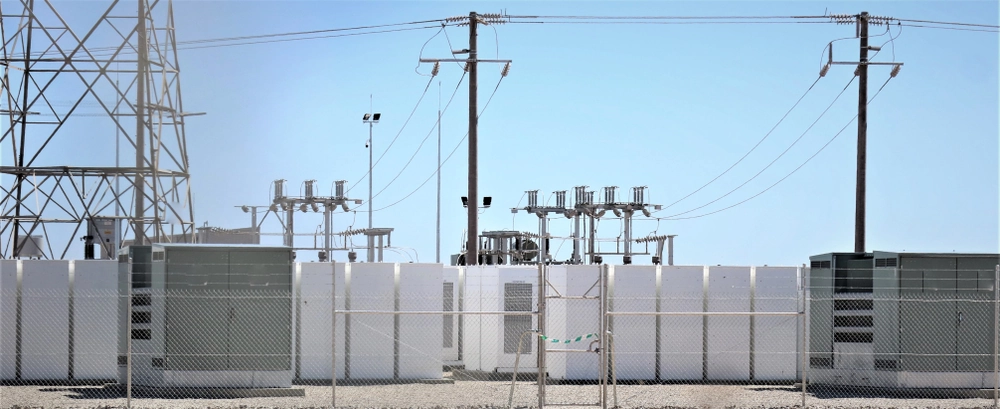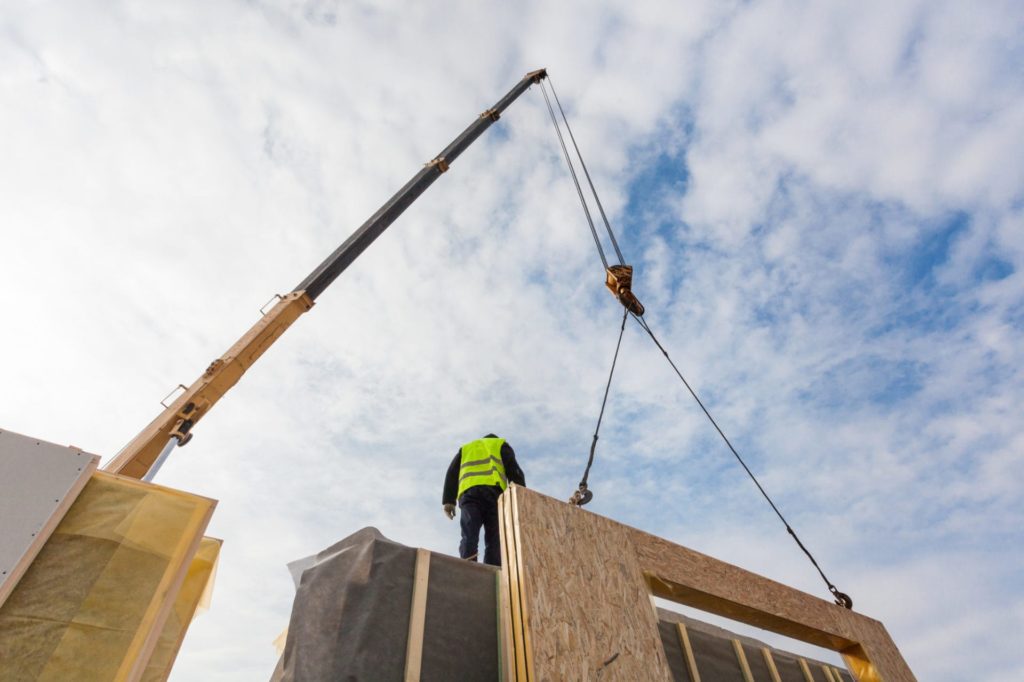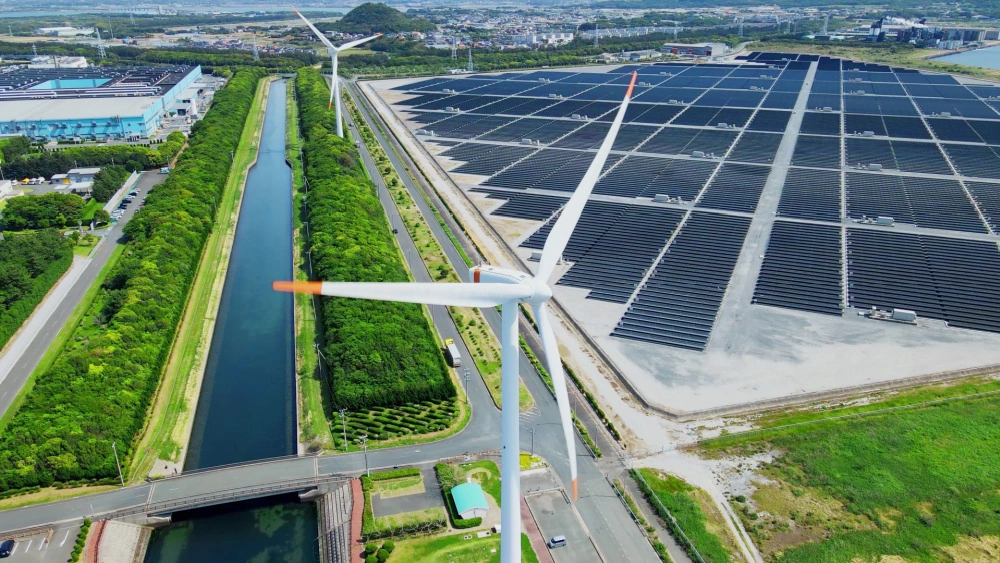Warranties and performance assurance obligations
Warranties as to performance are always going to be a contentious area. I have already seen a number of disputes about availability assurance warranties, both as standalone fights about liquidated damages and as pressure points in the context of wider negotiations about the future of the project.
As the market has changed warranties have been provided by manufacturers, D&B contractors and/or O&M providers for an increasingly broad set of performance metrics. They might include, for example, warranties as to degradation profile; ramp rate; capacity and round-trip efficiency.
By their nature these kinds of warranties are complex. They are often also subject to caveats. For availability warranties we have seen liability disputed because of arguments about which part of the overall system caused any outage, whether any issues were covered by the relevant formulae and about third-party involvement. These issues are not going to become any easier as the use increases of multi-contract arrangements in preference to full-wrap EPCs.
In some circumstances these kinds of issues may lead to formal disputes, but it seems likely that informal disagreements on interpretation, calculation and allocation of responsibility will be more common. In those circumstances the best prepared party, using well prepared and tested technical schedules and perhaps with expert evidence on their side, is likely to have the upper hand.













